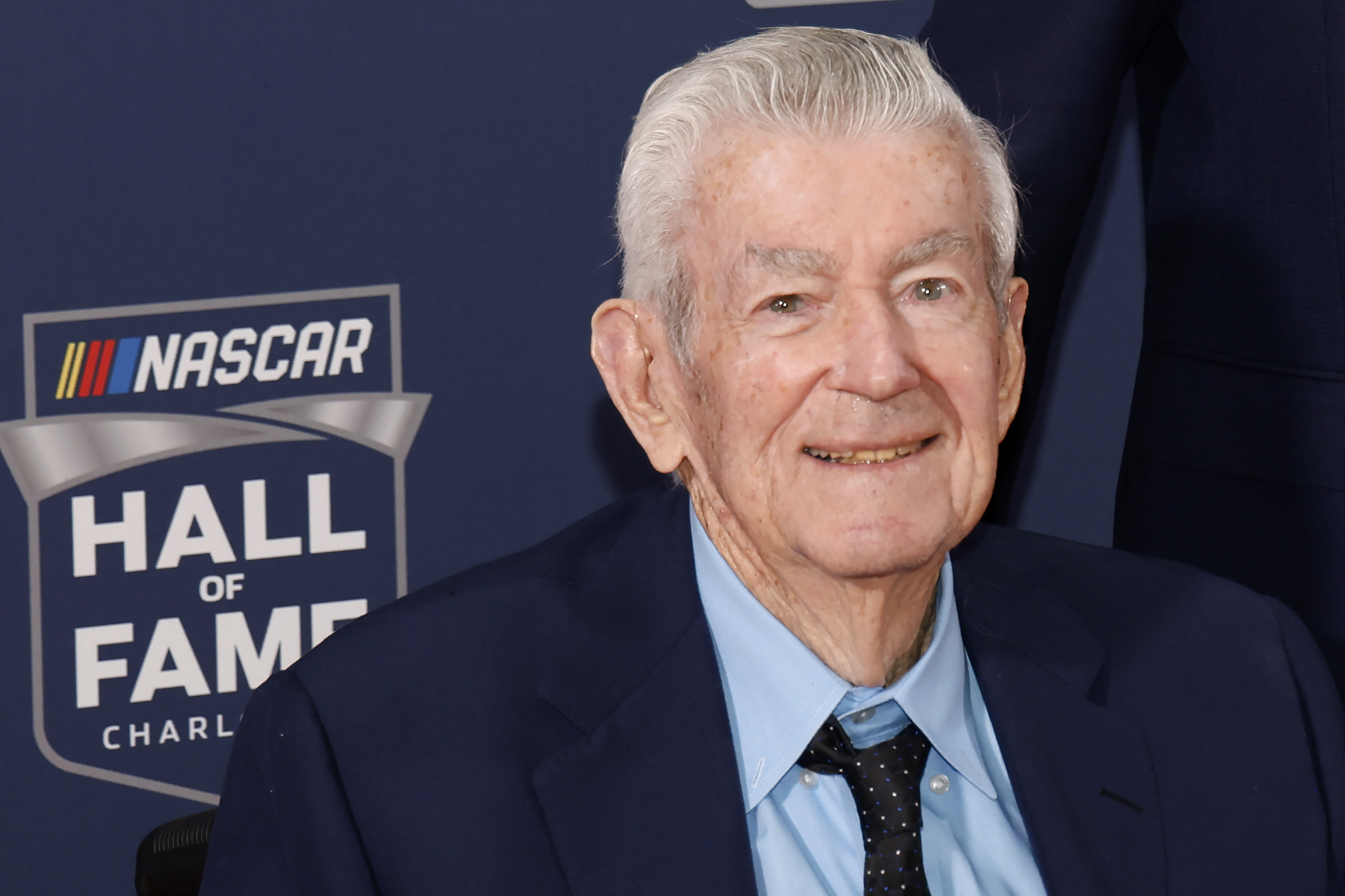
President Joe Biden said France was America's “first friend” at its founding and is one of its closest allies more than two centuries later as he was honored with a state visit Saturday by French President Emmanuel Macron aimed at showing off their partnership on global security issues and easing past trade tensions.
Biden and Macron attended ceremonies marking the 80th anniversary of D-Day on Thursday and met separately the following day with Ukrainian President Volodymyr Zelenskyy in Paris. The leaders both used those engagements used to underscore the urgent need to support Kyiv's fight against Russia's invasion.
But Macron and Biden have often chafed at the pace of support for Ukraine, especially as the United States, by far the largest contributor to Kyiv's defense, was forced to pause aid shipments for months while congressional Republicans held up an assistance package.
The state visit began with a ceremony at the Arc de Triomphe, including a wreath-laying at France's tomb of the unknown soldier, and a military parade along the Champs-Élysées leading to the Élysée Palace, where the two held official meetings and delivered public statements. Later, there is a state dinner at the palace for Biden and his wife, Jill.
Biden and Macron put the war in Ukraine at the top of Saturday’s agenda, but it was the strength of the countries' long alliance, fortified at Normandy 80 years ago but with roots far deeper, that was the centerpiece of the weekend.
Calling himself a student of French history, Biden said the visit was a “great honor” and he noted that America’s ties to France date to the Revolutionary War.
“France was our first friend,” Biden said. “It remains one of our best friends.”
U.S. & World
Macron praised Biden as not just the leader of a world power but also for bringing the "clarity and loyalty of a partner that loves and respects the Europeans.”
It appeared to be a subtle criticism of former President Donald Trump, whose “America First” foreign policy has shaken European leaders. They are now contending, gingerly, with the possibility of his return to power next year should the presumptive Republican nominee defeat the Democratic incumbent in November's election.
Later, in a statement of principles that the presidents called a road map, they cited the legacy of the U.S.-French relationship and “the price for peace and freedom” paid by past generations in reaffirming their commitment to “a Europe, whole, free and at peace.”
Macron hosted Trump for Bastille Day in 2017, and the French president came to Washington for a state visit in 2018 before their relationship soured.
Despite disagreements over whether to send allies trainers onto Ukrainian soil to support the country's defense against Russia's invasion, Macron insisted that, “I think we see eye to eye on this war raging in Ukraine. He tempered his previous concerns about U.S. commitment to Europe — which he has used to argue that the continent must do more to provide for its own defense — to praise Biden's leadership: “Thank you for being at Europe’s side.”
Macron expressed hope that when the Group of Seven leaders meet this coming week in Italy they will agree to a $50 billion “solidarity fund” for Ukraine that will be backed by sanctioned Russian assets.
The two leaders also celebrated the rescue Saturday by Israeli forces of four hostages taken by Hamas. “We won’t stop working until all the hostages come home and a cease-fire is reached," Biden said as Macron called out the Israeli government for not doing more to get humanitarian assistance into Gaza.
Macron said he supported a Biden-promoted cease-fire proposal that would allow a surge of humanitarian assistance into the territory and allow for the release of more hostages. The U.S. has said it is awaiting Hamas' formal response to the potential deal.
The French leader raised the issue of U.S. trade practices that he has often criticized, including the Inflation Reduction Act, which favors American-made climate technology such as electric vehicles. Macron said the U.S., like China, has “decided not to respect the rules of global trade” by shoring up protections and subsidies while Europe’s industry remains open and is stuck in overregulation.
As the pair met outside the palace, Biden appeared to suggest to his host that the U.S. and Europe could “coordinate together,” and he was heard telling Macron about his most recent conversation with Chinese President Xi Jinping, who was objecting to steep U.S. tariffs on Chinese electric vehicles.
Biden hosted Macron in December 2022 at the White House for the first state visit of his presidency as the COVID-19 pandemic receded.
As the president's trip draws to a close, the far right is likely to emerge as one of the biggest winners in Sunday's European Parliament election while Macron’s pro-European Union movement is flagging.



